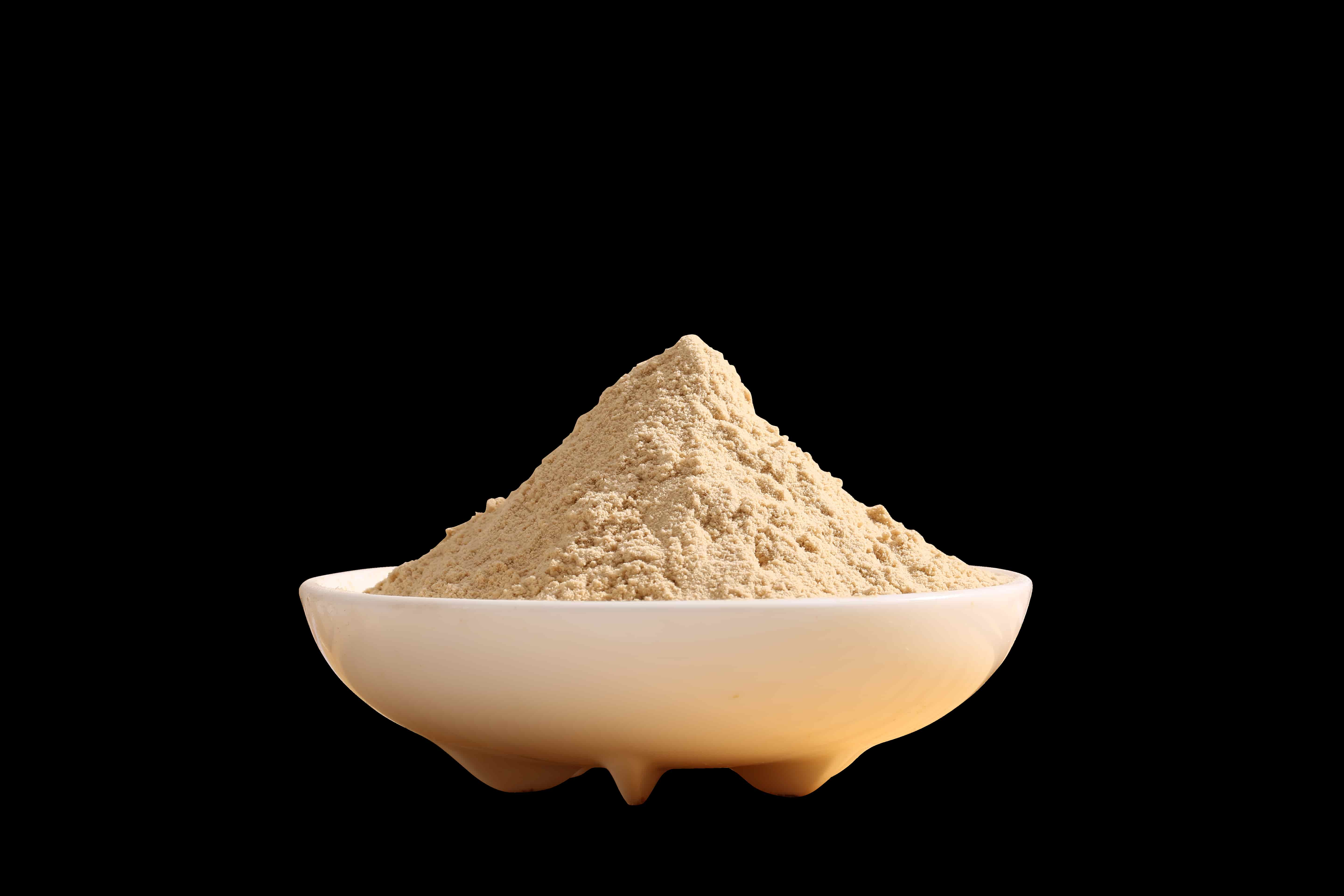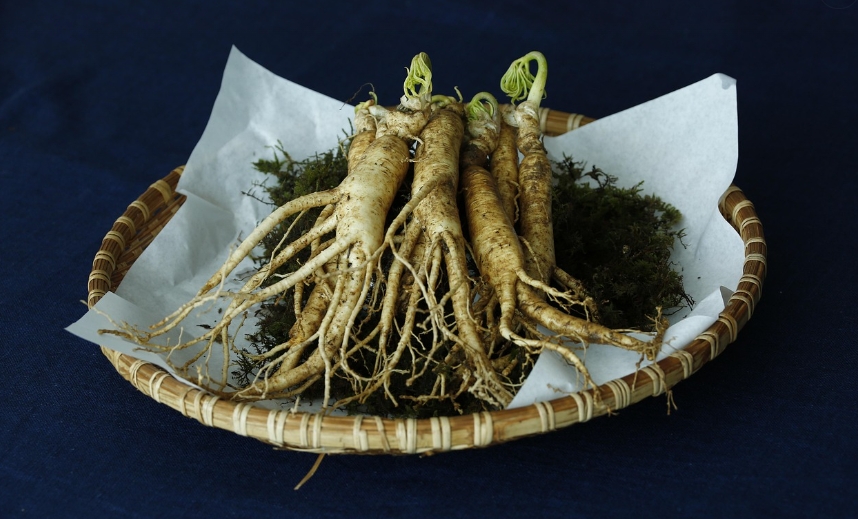Ginseng, one of the most revered herbs in traditional medicine, especially Traditional Chinese Medicine (TCM), has found its way into a wide variety of health supplements, skincare products, and performance enhancers. As demand grows for natural remedies that support vitality, immunity, and mental clarity, consumers and manufacturers alike are asking the critical question: Is ginseng extract more effective than whole ginseng root?
This article explores the differences between ginseng extract and whole root, examining their composition, efficacy, usage, and applications. Whether you’re a health-conscious individual, a supplement manufacturer, or a wellness retailer, understanding the benefits and limitations of each form can help you make better choices.
Understanding Ginseng: Types and Origins
There are several species of ginseng, but Panax ginseng (Asian ginseng) and Panax quinquefolius (American ginseng) are the most commonly used. These varieties contain ginsenosides, the key active compounds responsible for ginseng's therapeutic properties.
Ginseng can be consumed in various forms—raw, powdered, or as an extract. Whole root is often dried and sliced for teas or direct consumption, while ginseng extract is usually concentrated and standardized for use in capsules, liquids, or skincare formulations.
What Is Ginseng Extract?
Ginseng extract is made by processing the ginseng root to concentrate its active ingredients—primarily ginsenosides—into a more potent and bioavailable form. This extract is usually standardized to contain a specific percentage of ginsenosides, allowing for consistent dosing and measurable efficacy.
Advantages of ginseng extract:
Higher potency per serving: Extracts can deliver up to 15–30% ginsenosides, compared to the 2–5% typically found in raw root.
Easier to incorporate in supplements and functional foods: Capsules, tinctures, and energy drinks often use ginseng extract for convenience and standardization.
Controlled quality: Reputable ginseng extract manufacturers employ strict quality control measures, often supported by third-party lab testing.
Use cases: Commonly found in dietary supplements, anti-fatigue capsules, and energy-boosting beverages.

What Is Whole Ginseng Root?
Whole ginseng root refers to the unprocessed or minimally processed root of the ginseng plant. This form maintains the full spectrum of natural compounds, including polysaccharides, flavonoids, and volatile oils that may be lost during extraction.
Advantages of the whole root:
Holistic effect: Some herbalists argue that consuming the entire root offers a synergistic benefit, where the combined compounds work together more effectively.
Traditional use: In TCM and Korean herbal practices, the whole root is preferred for herbal teas, tonics, and decoctions.
No chemical alteration: Retains its natural form, appealing to consumers looking for organic or raw herbal remedies.
Use cases: Often used in ginseng tea, traditional Chinese remedies, and raw herbal preparations.

Comparing Efficacy: Extract vs. Whole Root
Bioavailability: Ginseng extract, particularly when standardized and processed for absorption, is generally more bioavailable than whole root. This means the body can absorb and utilize the beneficial compounds more efficiently.
Convenience and consistency: Extract wins for people seeking precision dosing and ease of use, especially in busy lifestyles or therapeutic regimens.
Long-term wellness vs. immediate effects: Whole root may be more suitable for long-term balance and wellness, while extract is often preferred for quick energy boosts, cognitive performance, or athletic endurance.
Scientific studies: Numerous clinical trials on ginseng use standardized extracts, especially in contexts like immune support, stress relief, and mental clarity. However, there’s a growing body of research supporting traditional whole root use, especially in immune modulation and metabolic health.
Common Applications of Ginseng Extract and Whole Root
Ginseng extract is most commonly found in modern health and wellness products due to its high potency and ease of formulation. It is frequently used in:
● Dietary supplements such as capsules and tablets for boosting energy, mental focus, and immune support
● Functional beverages and energy drinks where quick absorption and standardized dosing are essential
● Skincare products, particularly anti-aging serums, whose antioxidant properties support skin vitality
● Sports nutrition formulas aimed at reducing fatigue and improving physical endurance
Because of its standardized ginsenoside content, the extract form is the preferred choice for brands seeking consistency and measurable effects.
In contrast, the whole ginseng root is traditionally used in more natural and holistic contexts. Common applications include:
● Herbal teas and tonics, often brewed at home or prepared by traditional practitioners for overall vitality and balance
● Medicinal soups and broths in Traditional Chinese Medicine (TCM) and Korean herbal therapy, where it’s valued for its warming and restorative properties
● Raw herbal remedies by consumers who prefer organic, minimally processed botanicals for long-term wellness
● Homemade tinctures or decoctions, where the full spectrum of compounds in the whole root can be slowly extracted
Each form offers unique advantages depending on the use case—whether it's targeted supplementation or traditional healing.
Considerations for Manufacturers and Consumers
For nutraceutical brands and ginseng product suppliers, the choice between extract and whole root often depends on:
Target market: Are you selling to wellness purists or performance-oriented consumers?
Regulatory requirements: Extracts must meet strict guidelines, including accurate labeling and GMP-certified production standards.
Sourcing: Partnering with a trusted ginseng extract manufacturer ensures consistency, potency, and safety.
For consumers, consider your personal health goals. Those looking for a traditional, holistic experience might favor the whole root. If you need measurable results—such as increased energy or enhanced focus—a standardized ginseng extract supplement may be the better choice.
Conclusion
In the debate of ginseng extract vs. whole root, there is no standard answer. Both forms offer unique benefits depending on the context, individual health goals, and delivery format. Extracts offer convenience, consistency, and high potency, making them ideal for supplement formulations and performance applications. Whole root, on the other hand, provides a broader spectrum of compounds and may offer more holistic benefits when used traditionally.
Ultimately, effective use of ginseng—whether in energy drinks, immunity-boosting capsules, or herbal decoctions—requires professional guidance. Consumers are advised to consult with healthcare practitioners or TCM specialists, especially when using ginseng for chronic conditions or in combination with other medications.
